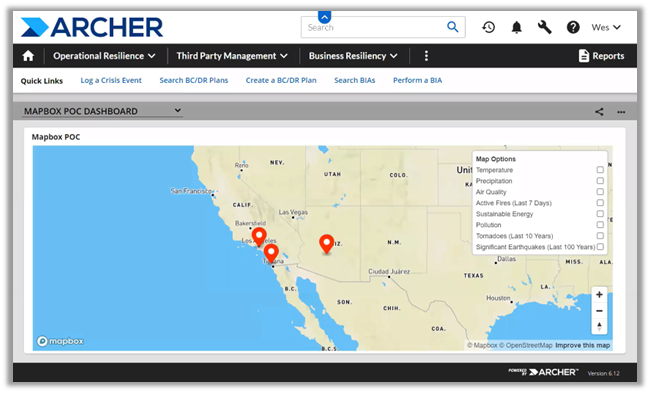Six Cyber Risk Management Questions to Ask Your Strategic Vendors
- bendesj
- Jun 22, 2023
- 3 min read

In today's interconnected business landscape, where companies heavily rely on third-party vendors, the need for robust cyber risk management practices has become crucial. The increasing frequency of cyberattacks originating from external vendors calls for proactive measures to safeguard sensitive data, protect business reputation, and mitigate potential financial losses. To ensure your strategic vendors prioritize cybersecurity, it's important to ask them the right questions.
These are six important questions you can ask your vendors to help assess your vendors' cyber risk management practices and foster a secure business environment:
1. Has the third-party developed a comprehensive cybersecurity risk management program that addresses and manages their own supplier ecosystem - including their partners and other providers?
A strong cybersecurity risk management program should encompass not only the third-party vendor itself but also extend to its suppliers, partners, and other providers within its ecosystem. By understanding how your vendors manage security across their entire network, you can assess their commitment to minimizing cyber risks and maintaining a robust security posture.
2. Are third-party employees well educated on security awareness and kept up to date on phishing schemes and other security-related concerns?
Employee awareness and education play a pivotal role in combating cyber threats. Inquire about the training programs and initiatives implemented by your vendors to educate their staff on security best practices. A well-informed workforce that remains vigilant against phishing attempts and other security-related concerns can significantly reduce the likelihood of successful cyberattacks.
3. How is the third-party vendor alerted in cases of potential unauthorized access to their own data?
Unauthorized access to your vendors' data can have serious implications for your business as well. It's crucial to understand how your vendors detect and respond to potential breaches within their systems. Prompt identification and remediation of security incidents can help minimize the impact on your organization and enable effective collaboration with vendors during such events.
4. What plan does your third-party vendor have in place to notify your company in cases of breaches or other security-related incidents?
Timely communication is key in addressing security breaches or incidents. Ask your vendors about their notification processes and protocols in the event of a security breach. Having a clear understanding of how your vendor will inform your company enables you to respond swiftly, mitigate potential damages, and maintain transparency with your stakeholders.
5. Does your third-party vendor continuously monitor cybersecurity performance?
Cybersecurity is an ongoing process that requires constant monitoring and evaluation. Inquire about your vendors' practices for monitoring their cybersecurity performance. Regular assessments and audits, vulnerability management, and adherence to industry standards demonstrate a commitment to maintaining a strong security posture. Continuous monitoring ensures proactive identification and mitigation of potential vulnerabilities before they can be exploited by malicious actors.
6. How well do your third-party vendors' Business Continuity Management (BCM) plans support your own operational resilience?
Business Continuity Management (BCM) is crucial for maintaining operational resilience in the face of disruptions. Assess how your vendors' BCM plans align with your own business requirements. Understanding their strategies for mitigating risks, ensuring redundancy, and minimizing downtime during incidents enables you to gauge their ability to support your organization's operational continuity.
As the cyber threat landscape continues to evolve, it's imperative to prioritize cyber risk management when engaging with strategic vendors. By asking these six essential questions, you can gain valuable insights into your vendors' cybersecurity practices and make informed decisions to protect your business. To learn more about effective cyber risk management, read our whitepaper: "Why Your Third-Party Risk Management Strategy Should Address Cyber Risk."








